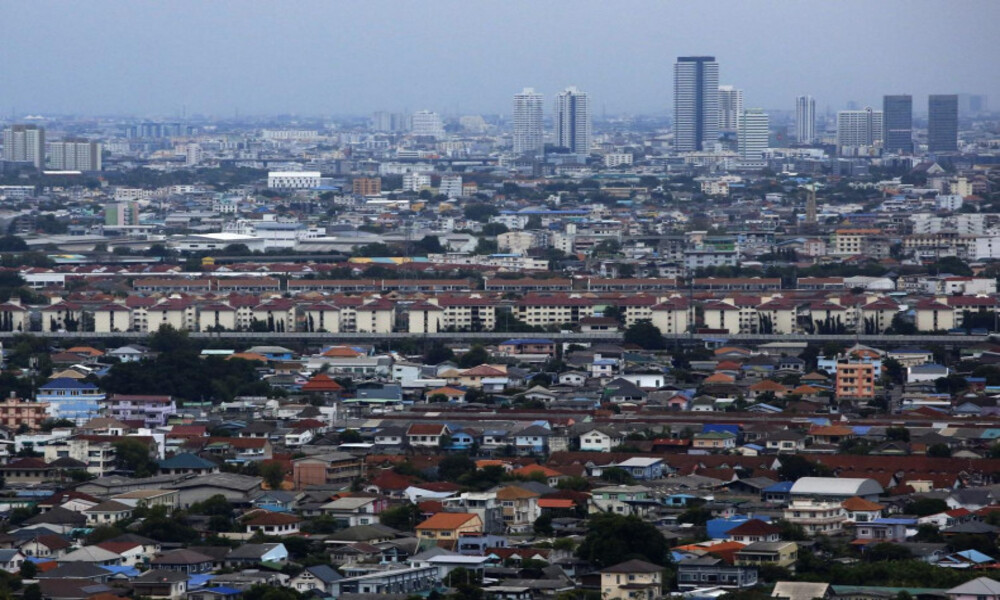(CTN News) – The Finance Ministry of Thailand is predicting a significant increase in revenue from the land and building tax, expecting to reach 43 billion baht by the end of this year.
This projection marks an increase of 8 billion baht compared to the previous year, largely due to the discontinuation of tax discounts that were previously implemented.
Lavaron Sangsnit, the Finance Permanent Secretary, delivered these remarks during a property seminar held to commemorate the fifth anniversary of the tax’s implementation.
He disclosed that the ministry is currently reviewing the tax law for potential amendments, with a decision expected by year’s end.
The land and building tax law, which had been under discussion for over two decades before its enactment in 2019, saw its first collection in 2020. Initially, the government reduced the tax burden by 90% until 2021 due to the impact of the pandemic.
However, in 2022, the full rate as specified by law was implemented. Last year, the government provided a 15% reduction to alleviate economic hardships.
With the removal of these tax reduction measures, Lavaron Sangsnit anticipates that revenue will increase from 35 billion baht last year to 43 billion baht this year. He also highlighted the growth in the number of taxpayers, rising from 7 million in the first year to 16 million by 2022.
Thailand’s Future Growth and Initiatives
According to Sangsnit, the revenue from this tax is expected to continue increasing steadily, supported by the appreciation of the tax base, which includes the value of land and buildings.
Local Administration and Survey Initiatives
In terms of local administration, Sangsnit emphasized that local governments and administrative organizations must conduct comprehensive surveys of land usage, as different types of land usage incur different tax rates.
- Bangkok has completed 99.4% of its land usage assessments, covering 2.1 million plots of land, 2.2 million houses, and 1 million condominium units.
Government Initiatives and Economic Impact
Sangsnit also highlighted the government’s initiatives to stimulate the real estate sector, which have contributed to the clearing of housing stock and supported economic growth of 1.5% in the first quarter of this year.
Future Economic Outlook
Looking ahead, Sangsnit expressed optimism that the government’s delayed budget disbursements and other planned measures would help to stimulate the economy for the remainder of the year.







